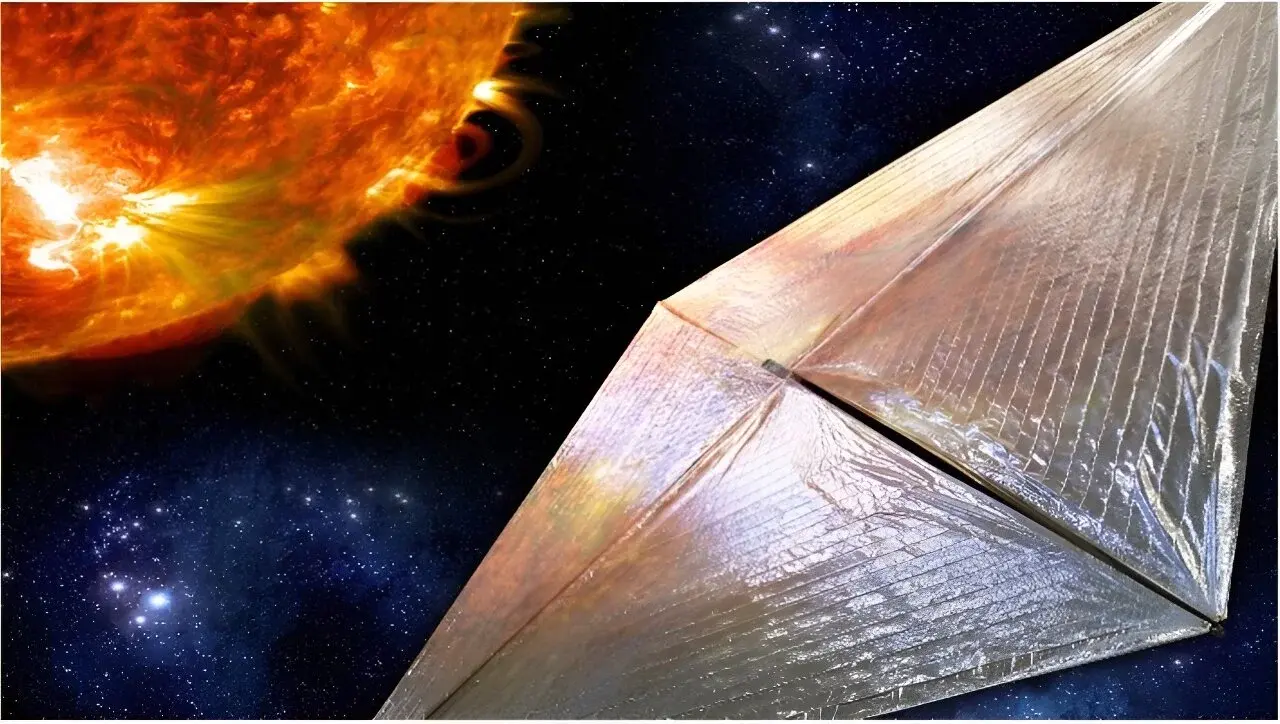While a promising line of research it should be noted that 26 day headline only applies to rapid delivery of small payloads (sub-kilogram) throughout the solar system.
Quote:
For the study, the researchers conducted simulations on how fast a solar sail made of aerographite with a mass up to 1 kilogram (2.2 pounds), including 720 grams of aerographite with a cross-sectional area of 104 square meters, could reach Mars
So, this is more about sending micro-satellites to the outer planets than it is about sending human or cargo missions…
Also
The researchers note that one major question of using solar sails is deceleration, or slowing down, upon arriving at the destination, specifically Mars, and while they mention aerocapture as one solution, they admit this still requires further study.
Sounds like it’s probably best to work out all these issues with small payloads before scaling up to human transport.
It can’t really be scaled up to human carrying capacity. The density of solar wind is very sparce. Any sail large enough to accelerate a human habitat would itself become too heavy.
So I guess we’re back to the drawing board.
Do we got those nuclear engines kicking around anywhere?
Good point. I’d be so down for an army of micro-sattelites just cruising the solar system just taking pics
How long would it take to send just Elon?
His fat head would probably slow things down a good bit, unfortunately
Weird comment. Lookism isn’t cool, even if targeted at horrible and powerful people like Elon Musk.
Also, how would more mass/larger surface slow anything down in space where there is no air resistance/drag??I was referencing his ego (“fat head”). Save the scolding for your undoubtedly large collection of cats.
More mass needs more energy to accelerate or decelerate. If you change the object’s mass without changing thrust (I guess sail size here), it will definitely take more time to get there.
Ah OK, so mass is important but surface isn’t, right?
In case of a solar sail however, surface is important.
That’s right!






